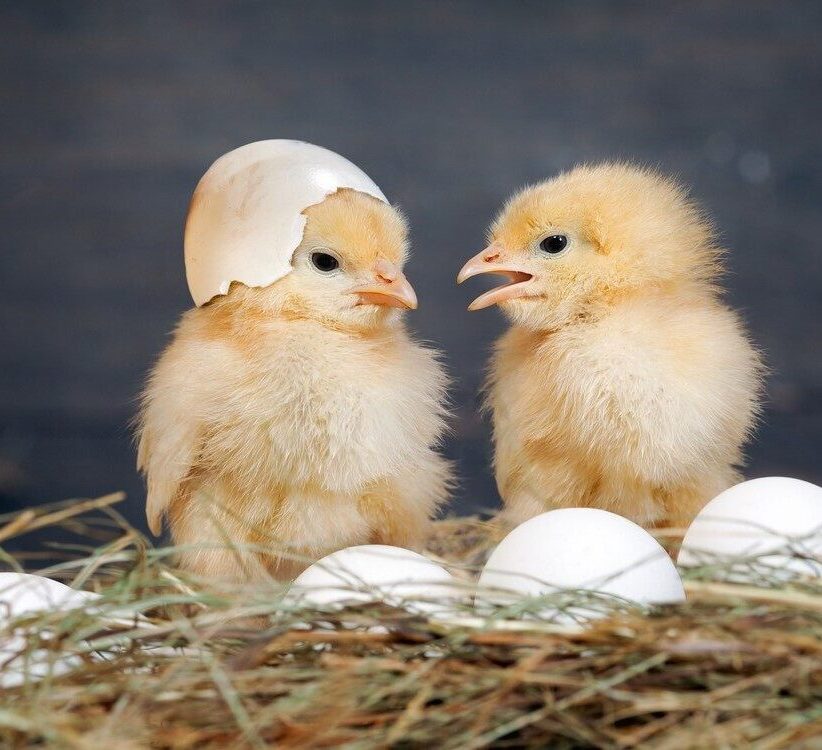Generally, eggs get spoiled during the incubation process due to some mistakes. However, in natural egg hatching with a broody hen, there is a higher possibility of spoiled eggs. For successful hatching, it requires an optimal level of temperature and humidity. In this article, we will discuss some common mistakes in incubation.
Mistakes in Egg Hatching
Choose the Right Egg

Choosing the right egg is very important for successful egg hatching. Avoid using eggs that are cracked, have thin shells, have been kept in the refrigerator, are dirty or muddy, smell, have deformities, or are too old.
Season

In natural egg hatching, you don’t have to worry about the temperature and humidity. The broody hen can maintain that naturally. However, you have to be careful about the season. In winter, there is a risk of spoiled eggs during incubation. In my experience, summer and spring are the best seasons for egg hatching.
Incorrect Storage

If you store eggs in an egg tray, you have to keep the thinner side of the egg down. You should not keep the fatty part of the egg down. Otherwise, air may accumulate in the thin side. For this reason, eggs can get spoiled in incubation. One more thing is, don’t keep eggs in the refrigerator if you are planning to incubate them.
Temperature and Humidity

Fluctuations in temperature and humidity can disrupt the hatching process. If you do not maintain the correct level of temperature and humidity properly, you won’t get 100% results. So regularly monitor and adjust settings as needed.
Overhandling Eggs

Overhandling eggs during the incubation process can disturb the developing embryos and increase the risk of injury or death. So, avoid unnecessary handling of eggs. If you need to handle them, do it gently and with clean hands to avoid transferring bacteria or damaging the delicate embryos.
Lack of Ventilation

Proper ventilation is necessary to supply fresh air and remove harmful gas. It’s vital for developing embryos. So, make sure that you maintain proper ventilation and avoid overcrowding eggs.
Not Monitoring and Rotating Regularly

You need to monitor and rotate eggs 4 times regularly to ensure successful hatching. Regularly monitor and make necessary adjustments. Keep track of temperature and humidity levels and candle eggs. Discard any eggs that show signs of spoilage.





